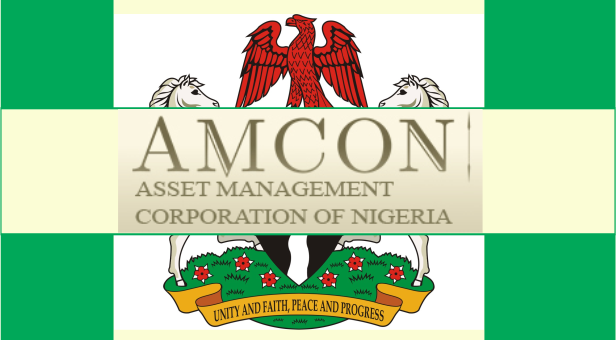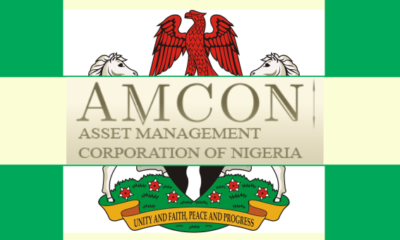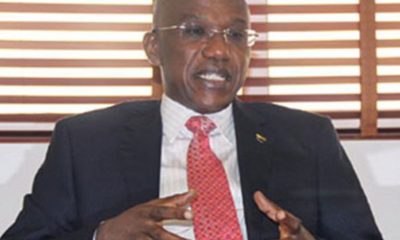- AMCON, Investors Set to Finalise Aviation Assets Sale
The Asset Management Corporation of Nigeria is likely to finalise the sale of its stake in Aero Contractors and Arik Air to investors before the end of the year, our correspondent has learnt.
It was gathered on Monday that negotiations were stalled by the general elections but would continue now that a new government had been inaugurated.
An industry source said most of the investors were careful because of the elections, adding that since the government had settled down, concluding the negotiations was likely to happen before year-end.
Early this year, the media had reported that about three investors were in talks with AMCON to acquire Aero Contractors.
According to the report, the airline had attracted 19 investors since it was acquired in 2016 and the number had been narrowed down to six and later three.
The Managing Director of Aero Contractors, Capt. Ado Sanusi, who confirmed the information at the time, said the investors were looking at all the assets of the airline including its maintenance, repair and overhaul facility.
He had said that there were so many investors that had come forward, and were looking at all the core assets of the airline.
AMCON’s spokesperson, Mr Jude Nwauzor, in a telephone conversation with our correspondent on Monday, said it was true that investors had been showing interest in the airlines but that the process had not been easy.
According to him, AMCON is not just interested in selling the airlines and walking away with the money but is looking for investors that will ensure that the carriers remain profitable.
“We are doing everything possible to do all the things that need to be done,” he said.
AMCON took over Aero Contractors and Arik Air in February 2016 and February 2017, respectively, over their debt profile and appointed receiver management, and stated that the airlines would not be returned to their original owners until they cleared their indebtedness to the corporation.
The corporation had made it known that its intervention in Arik and Aero were intended to add value and not destroy the airlines.
AMCON recently said the airlines’ operations had since been stabilised with on-time performances and put in positions to generate positive cash flow.

 Forex2 weeks ago
Forex2 weeks ago


 Naira2 weeks ago
Naira2 weeks ago
 Billionaire Watch2 weeks ago
Billionaire Watch2 weeks ago




 Naira2 weeks ago
Naira2 weeks ago




 Naira2 weeks ago
Naira2 weeks ago




 Naira4 weeks ago
Naira4 weeks ago


 Naira6 days ago
Naira6 days ago
 Banking Sector4 weeks ago
Banking Sector4 weeks ago














